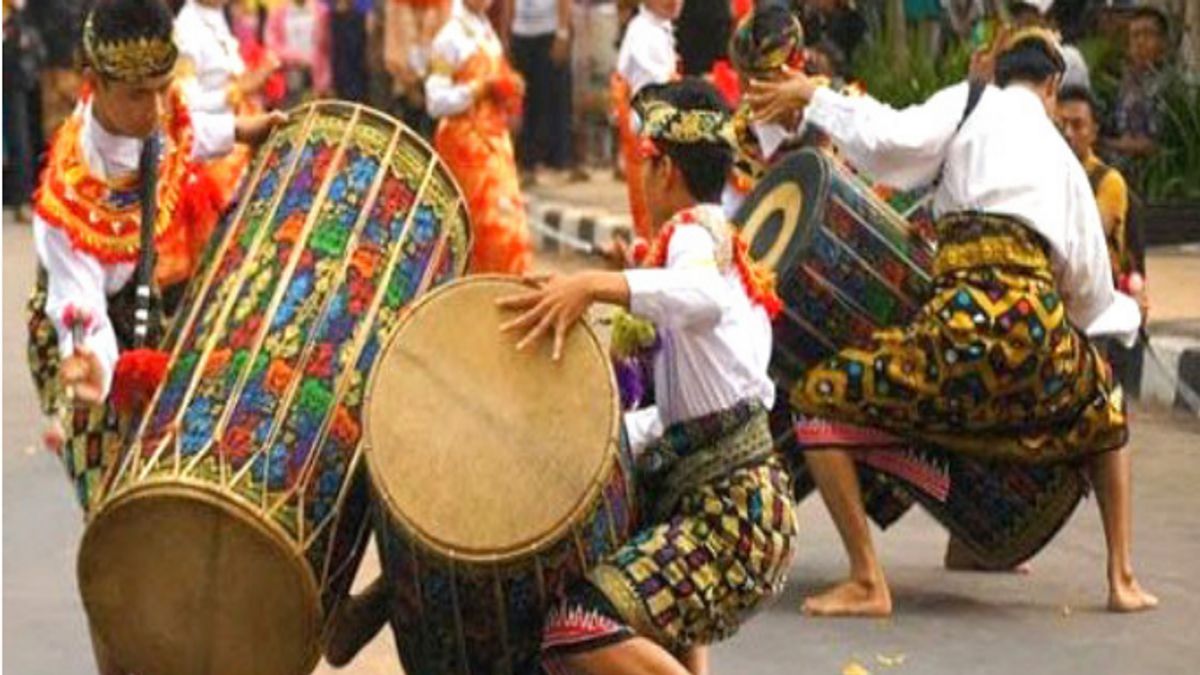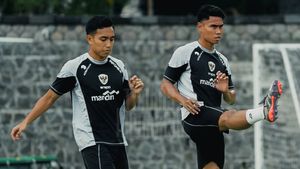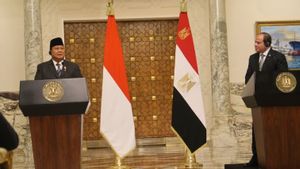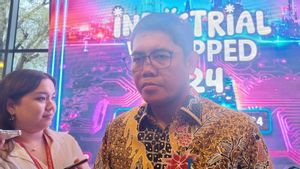JAKARTA – NTB is an abbreviation for West Nusa Tenggara, a province in Indonesia with the capital city of Mataram. This province consists of two islands, namely Lombok and Sumbawa with a total population of 5,320,092, based on data from the Central Statistics Agency for the Province of West Nusa Tenggara in 2020. As for the tribes that inhabit the Province of NTB, here are some interesting facts about them.
Administratively, NTB Province is divided into 11 regencies and the majority are included in three ethnic groups, namely known as Sasambo. Sasambo is an acronym for the indigenous tribes in the NTB Province, namely the Sasak, Samawa, and Mbojo. In addition to these three tribes, there are other tribes including Balinese, Javanese, Bugis, Bajo, Banjar, and Malay.
The three major ethnic groups in NTB have different everyday languages. In the Sasak community, it is known as the Sasak language, while in the Mbajo language it is used by the Bima and Dompu people. The Samawa language is used by the Sumbawa people.
Sasak tribeQuoting from the book Introduction to Sasambo written by Bunyamin, published by the Ministry of Education and Culture, the Language Development and Development Agency, the Sasak tribe is one of the oldest ethnic groups in Indonesia. The name Sasak, according to the oral tradition of this tribe, comes from the word sa'-saq which means 'the one'. This name can not be separated from Lombok from the word lomboq which means 'straight'.
The Sasak people are still thick with their local wisdom. Uniquely, there is a tradition of 'elopement' or known as the Merarik tradition. This tradition is carried out when the couple who are about to get married and like each other. Together with relatives, the groom will 'kidnap' the bride and leave her to the man's family.

The Samawa people who speak the Samawa language use this regional language in their daily life. In a few words in the Samawa language, it is an absorption from Javanese, Madurese, Balinese, Sasak, Bima, Sulawesi, Sumatran, Kalimantan, Chinese, and Arabic ethnic groups. During the colonial period, this language also absorbed foreign vocabulary from Portuguese, Dutch, and Japanese.
Dialects in this language are also divided into several types, including the Taliwang, Jereweh, and Tongo dialects. This tribe calls itself the Tau Samawa.
Mbojo SukuThe Mbojo tribe, also known as the Bima tribe, has many similarities with Ancient Makassar. The reason is found similarities in both characters. If we examine the roots, the Sanskrit script can be ascertained as the origin. Since the 17th century, in the historical records of the Bima Bo Sangaji Kai Kingdom, the Mbajo script was mostly written in Arabic and Malay.
Based on language and race, this tribe is divided into two groups, namely the Old Bima (Mbojo ma Ntoi) and the New Bima (Mbojo 'Bou). The Bima Lama language, including the Donggo language, includes Donggo Ipa, Donggo Ele, and Donggo Kolo.
Donggo Ipa is spoken by people who live in the mountains west of Bima bay. Donggo Ele speaks Tarlawi language and is spoken by the people who live in the Central Wawo Mountains. Meanwhile, Donggo Kolo is spoken by people who live in Kolo Village, east of Asakota District, Bima City at this time.
The people of Bima Baru speak the Nggahi Mbojo language, who are domiciled in Bima City, Bima Regency and Dompu Regency. This language serves as the mother tongue.
The daily clothes worn by the women of the Mbojo and Dompu tribes are quite unique. They draped a sarong as well as a head covering. This traditional clothing is called Rimpu.
That's a brief review of the tribes in NTB and interesting facts about these tribes. Various languages and speakers of regional languages are scattered throughout Indonesia, this is one illustration of the cultural richness of the archipelago.
The English, Chinese, Japanese, Arabic, and French versions are automatically generated by the AI. So there may still be inaccuracies in translating, please always see Indonesian as our main language. (system supported by DigitalSiber.id)













